Author: Communication Department
The world discovered with horror, just 25 years ago, that barbarism was not a thing of the past. Within a few days starting from 11 July 1995, Bosnian Serbs led by Ratko Mladić exterminated more than 8,000 Bosniaks in the enclave of Srebrenica, right in front of the international community. What remains of this trauma today? How does the bloodiest massacre committed in Europe since the Second World War affect those defending the rights of wartime victims ? Members of TRIAL International’s office in Sarajevo shared their thoughts on the impact of the Srebrenica genocide on their work.
It is really hard for someone who did not grow up in Bosnia and Herzegovina (BiH) to understand just how these war stories become part of your everyday life, trough people around you, television, education, movies, explained Amina Hujdur, Communication Officer for TRIAL International in Sarajevo. “During my childhood, it seemed as if the Srebrenica genocide was embedded in everything“, she recalls. Growing older, she became more and more aware of the events that happened, in particular when, as a young journalist, she covered Ratko Mladić’s trial before the International Criminal Tribunal for the former Yugoslavia. “I remember one day I got assigned to interview families of those killed in the Srebrenica genocide. I felt this great burden to convey the stories of these people who suffered so much. I felt inadequate. I asked one of the women what the next day’s verdict meant to her. ‘I just want people to know. And tomorrow everybody will’, the woman replied“.
But this duty of remembrance is not to everyone’s liking, especially in recent times where denial of these tragic events is on the rise. “Although the Srebrenica genocide defined the history of Bosnia and Herzegovina and expanded the scope of the already horrifying crimes that happened between 1992 and 1995, these atrocities are often publicly denied“, said TRIAL International Legal Advisor Lamija Tiro. Srebrenica genocide is often present in her mind and fuels her fight against impunity, denial of war crimes, and the glorification of war criminals.
“As a person who grew up during the war in Bosnia and Herzegovina and who lives and works in a post-conflict society, I always felt motivated to help survivors of atrocities“, stated Berina Žutić Razić, Legal Advisor at TRIAL International in BiH. She is committed to help people of her country with reconciliation and providing assistance to wartime victims.
Despite the overwhelming body of evidence and unanimous rulings by multiple international courts, denial of the Srebrenica genocide is still very present, 25 years since it happened. It is of crucial importance for the Bosnian society acknowledges all crimes that happened during the war, including the genocide in Srebrenica. Only by facing its past can BiH build its future. A future in which such atrocities will not happen again.
An op-ed by Valerie Paulet
The fight against terrorism has become a political priority for many governments, and prosecutions for terrorism are on the rise. But what exactly do charges for “terrorism” encompass? More importantly, what do they leave out? The 2020 Universal Jurisdiction Annual Review (UJAR) takes a close look at this potentially harmful evolution.

Paris, 5 December 2019. Mounir Diawara and Rodrigue Quenum are found guilty of participation in a terrorist organization and sentenced to 10 years’ imprisonment. Both accused had appeared in photos taken in Syria; one of them was brandishing a severed head.
A victory for the fight against impunity for the worst crimes? Not quite. Diawara and Quenum were brought to court on charges of terrorism, and not international crimes. What is in appearance a procedural detail actually reflects a deep – and alarming – legal trend which bears multiple consequences.
Read the full Universal Jurisdiction Annual Review 2020
Terrorism and international crimes, same difference?
War crimes, crimes against humanity and genocide – known collectively as international crimes – share common features with terrorism. Yet proving terror charges is remarkably straightforward compared to prosecuting international crimes. Convictions for membership to a terrorist organization, for instance, have been secured by as few elements as a connection with a known terrorist, or traveling to a zone controlled by that terrorist organization.
As a result, States have increasingly prosecuted suspects under terrorism changes rather than international crimes. In the present context of scarce resources, it is a zero-sum game: prosecutions for terrorism multiply at the expense of prosecutions for international crimes. A pragmatic choice, but there is a but.
Prosecuting terrorism is not the only way to combat impunity
The first shortcoming of terrorism is that it does not have a single, internationally recognized definition. Contrary to genocide, torture, enforced disappearance or war crimes, no international treaty circumscribes terrorism clearly. Each State has come up with its own definition, often influenced by current affairs and public opinion.
Moreover, prosecuting suspects using terrorism charges is sometimes presented as the only way of combatting impunity. But charges of terrorism do not encompass the full scope of human rights violations entailed in international definitions of war crimes, crimes against humanity or genocide.
For instance, the targeting of a particular ethnic group, such as Yazidi populations in ISIS-controlled territory, is not punished by terrorism charges per se. In the aforementioned case, Diawara and Quenum could also have been charged with the war crime of outrages upon personal dignity – clearly defined by the Geneva Conventions – but that opportunity was lost, as they were charged for crimes of terrorism.
Read about other major cases of 2019
Human rights protection in jeopardy
In the longer run, omitting charges of international crimes weakens the very protection provided by international criminal law. By ratifying conventions against genocide, war crimes and the like, States agree to abide by the highest standards of protection against mass atrocities. Resorting to terror charges – domestically defined without any sort of international consensus – they turn their backs on international norms built collaboratively over decades.
Universal jurisdiction itself is a byproduct of this joint endeavor and thousands of people have reaped its benefits. Must the short-term “efficiency” of terror charges sweep aside this precious common legal heritage?
Valérie Paulet is a Legal Advisor on universal jurisdiction and the author of the UJAR.
Follow on Twitter: @valeriepaulet
Read our latest Universal Jurisdiction Annual Review
Support the fight against impunity by making a donation today
A message from Selma Korjenic, Head of the Bosnia and Herzegovina program
Dear friends,
I am writing to you from TRIAL International’s office in Sarajevo, in Bosnia and Herzegovina. As TRIAL International’s oldest regional program, we have been fighting alongside victims seeking justice for more than 12 years.

With a particular focus on wartime sexual violence, we do everything we can to help victims obtain justice and reparation.
Our latest victory? In March 2020, the survivor of a wartime rape was finally compensated, effectively receiving the payments ordered in a criminal proceeding. Despite this crucial step, there is much left to do. Obtaining compensation and their effective payment is still far from the norm in Bosnia and Herzegovina!
Too many victims are still awaiting reparations! Your support is critical.
Our fight against impunity is a long-term endeavor. Survivors of sexual violence suffer from many stereotypes hindering their access to justice. We support them for as long as necessary and raise awareness among legal practitioners to encourage best practices.
We are proud of our past victories and will not let current difficulties, misconceptions and the ever-growing ultranationalist rhetoric get in the way of justice.
On behalf of the entire team at TRIAL International, I thank you from the bottom of my heart for standing by our side all this time and I hope that you will continue to support our mission.
Selma Korjenic
Head of the Bosnia and Herzegovina program
The 19 June marks the International Day for the Elimination of Sexual Violence in Conflict. This day is a reminder that declarative statements are not enough. Concrete steps are needed to improve the rights of survivors, both by the competent authorities and by society as a whole.
According to the United Nations, between 20,000 and 50,000 women and men were raped or sexually assaulted during the 1992-1995 war in Bosnia and Herzegovina (BiH). Although significant progress has been made in BiH, compared to neighboring countries, a number of obstacles prevent survivors from seeking and exercising their rights. The question arises –why do survivors of wartime sexual violence still face systemic problems 25 years after the war?
What deter survivors from speaking up?
The stigma imposed by society, severe psychological issues due to untreated trauma; lack of information about how to navigate the legal process; lack of means to pay for legal assistance; perpetrators who still live in the same communities –these are just some of the obstacles that deter survivors from speaking up about the crimes they have suffered. This becomes evident in the devastating fact that for every 15 to 20 cases of wartime sexual violence, only one is reported.
However, even when they decide to seek justice in court, survivors face problems often caused by the complex and dysfunctional judicial system in BiH, which insufficiently protects the rights and dignity of victims. Behind this there are political blockades and a lack of resources –leading to the fact that victims are not provided with full and effective access to justice, truth and reparations. Although the State of BiH is responsible for guaranteeing these fundamental rights, in order to help survivors overcome unimaginable traumas and enable them to build a new life.
TRIAL International’s action
For many years, TRIAL International has been working on improving the situation of survivors and fighting for their rights, advocating for systemic solutions. The organization provided legal support to 36 survivors of wartime sexual violence. Thanks to its efforts, 9 perpetrators are being held accountable for crimes they committed.
Despite the significant progress in recent years, the problems faced by survivors still often remain unaddressed. It is up to all individuals, organizations and institutions to raise awareness about their rights, especially by combating the impunity of perpetrators and eliminating stigma, which would restore victims’ trust in the justice system and society as a whole.
TRIAL International’s 2019 Activity Report is out. With new victories to salute and a closer support than ever to victims, the organization has entered a phase of maturity and stability.
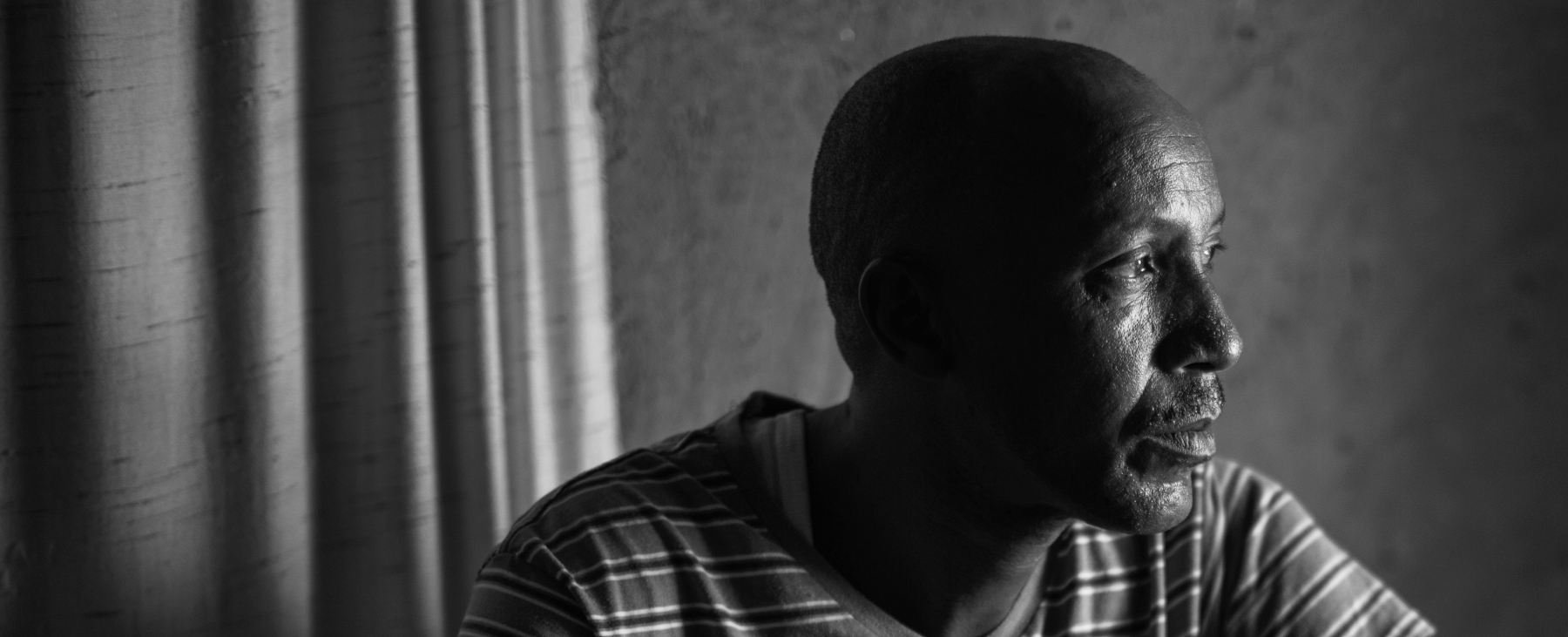
In recent years, TRIAL International has scaled up its activities rapidly, exploring new contexts and reaching the 3 million CHF-income mark in 2019.
This development has permitted us to make a real difference for many beneficiaries, but we are also weary of the challenges it poses. Growth cannot happen at the expense of sustainability, and expansion must be balanced with phases of consolidation.
TRIAL International is committed to having a durable impact: our combat at the side of victims requires endurance.
2019 has been a year of maturity for our organization. Renouncing the siren of unsustainable growth, we have concentrated on reinforcing our operational and organizational capacity to effectively carry out our social mission. Our wide network of donors and partners has provided invaluable support in this respect.
The coronavirus pandemic has put – and is still putting – our resilience to the test. While its effects are undeniable, our roots are deep enough to face it head on.
The indictment in the United States on 11 June 2020 of an alleged former Gambian “death squad” member on torture charges is an important step for Gambian victims and international justice, a coalition of human rights groups said on 12 June 2020, who have acknowledged the news as a major advance for victims of abuses during Yahya Jammeh rule.
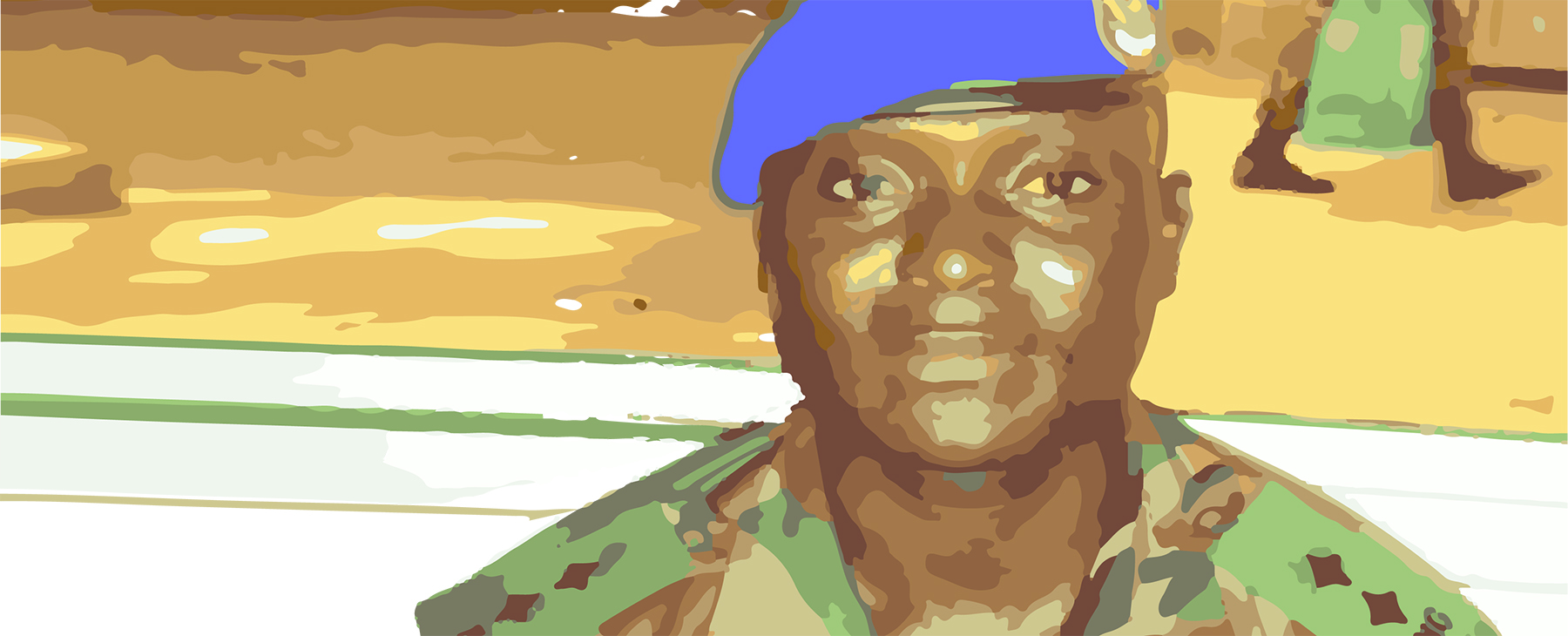
Michael Sang Correa, 41, was an alleged member of the notorious “Junglers” death squad, set up by then-president Yahya Jammeh in the mid 1990s. Jammeh’s 22-year rule was marked by widespread human rights violations, including enforced disappearances, extrajudicial killings, sexual violence, torture, and arbitrary detention. Jammeh is currently in Equatorial Guinea, where he fled after losing the 2016 presidential election to Adama Barrow.
“I want to see justice done for me and for all the others who were victimized by Yahya Jammeh and his security forces,” said Baba Hydara, son of a newspaper editor, Deyda Hydara, who was killed in a 2004 operation in which Correa allegedly took part. “For us, the most important thing is to ensure that such abuses never happen again in Gambia or anywhere else.”
A long list of crimes
In its indictment before the US District Court of Colorado, the US Department of Justice alleges that Correa is responsible for the torture of at least six people in 2006, following an attempted coup against Jammeh. Correa and other Junglers allegedly beat their victims with plastic pipes, wires, and branches, covered the victims’ heads with plastic bags, and subjected some to electric shocks. The indictment further alleges that one victim was suspended over the ground in a rice bag and beaten severely while molten plastic or acid was dripped on other victims’ bodies.
Correa is also implicated in some of the Jammeh government’s other notorious crimes. Former Junglers told the Gambian Truth, Reconciliation and Reparations Commission that Correa not only tortured people accused of planning the coup but also allegedly participated in the execution of former intelligence chief Daba Marenah and four associates in April 2006. In addition to these and the Hydara murder, former Jungler members also accused him of participating in the killing of Chief Ebrima Manneh, a journalist; nine prison inmates in August 2012, and two Gambian-Americans, Alhagie Mamut Ceesay and Ebou Jobe, in 2013.
The truth commission is documenting human rights violations committed during Jammeh’s rule, including alleged crimes committed by the Junglers. The Gambian government, which has cooperated with the US investigation of Correa, has postponed prosecuting most alleged rights abusers until after the commission completes its work.
In September 2019, US Immigration and Customs Enforcement arrested Correa in Colorado for overstaying his visa. Since his arrest, a coalition of victims and human rights organizations have urged justice officials in the United States to investigate credible allegations of grave international crimes committed by Correa in Gambia. On February 18, US Senators Patrick Leahy and Richard Durbin also urged the government to investigate Correa and, if warranted, to prosecute him in the United States.
First Jungler to be prosecuted
The indictment of Correa is the first prosecution of a member of Jammeh’s death squads anywhere in the world, said the human rights groups, which include the African Network Against Extrajudicial Killings and Enforced Disappearances, the Center for Justice and Accountability, the Gambia Center for Victims of Human Rights Violations, the Guernica Centre for International Justice, Human Rights Watch, the Solo Sandeng Foundation, and TRIAL International. Gambia’s former interior minister Ousman Sonko, another Jammeh associate, is now in pre-trial detention in Switzerland, where he is under investigation for crimes against humanity.
The Correa case if it moves forward will be only the second case to be tried by US officials under the federal extraterritorial torture statute, 18 USC §2340A, since its passage in 1994. The statute makes it a crime for anyone present in the United States, regardless of whether they are a US citizen, to commit torture abroad. The law applies regardless of the nationality of the victim. The only other prosecution was of Charles “Chuckie” Taylor, Jr., the son of former Liberian President Charles Taylor, who was convicted in 2008 by a court in Miami and is serving a 97-year sentence.
“Using the US torture statute to prosecute one of Jammeh’s key henchmen is an important moment for justice in Gambia,” said Ya Mamie Ceesay, mother of slain businessman, Alhagie Mamut Ceesay. “Perpetrators of international crimes need to be held accountable wherever they may be found.”
Pierre Nkurunziza has passed away of heart failure on 8 June 2020, according to official sources. What does his sudden death mean for this small country stuck in a grave crisis for the last five years?
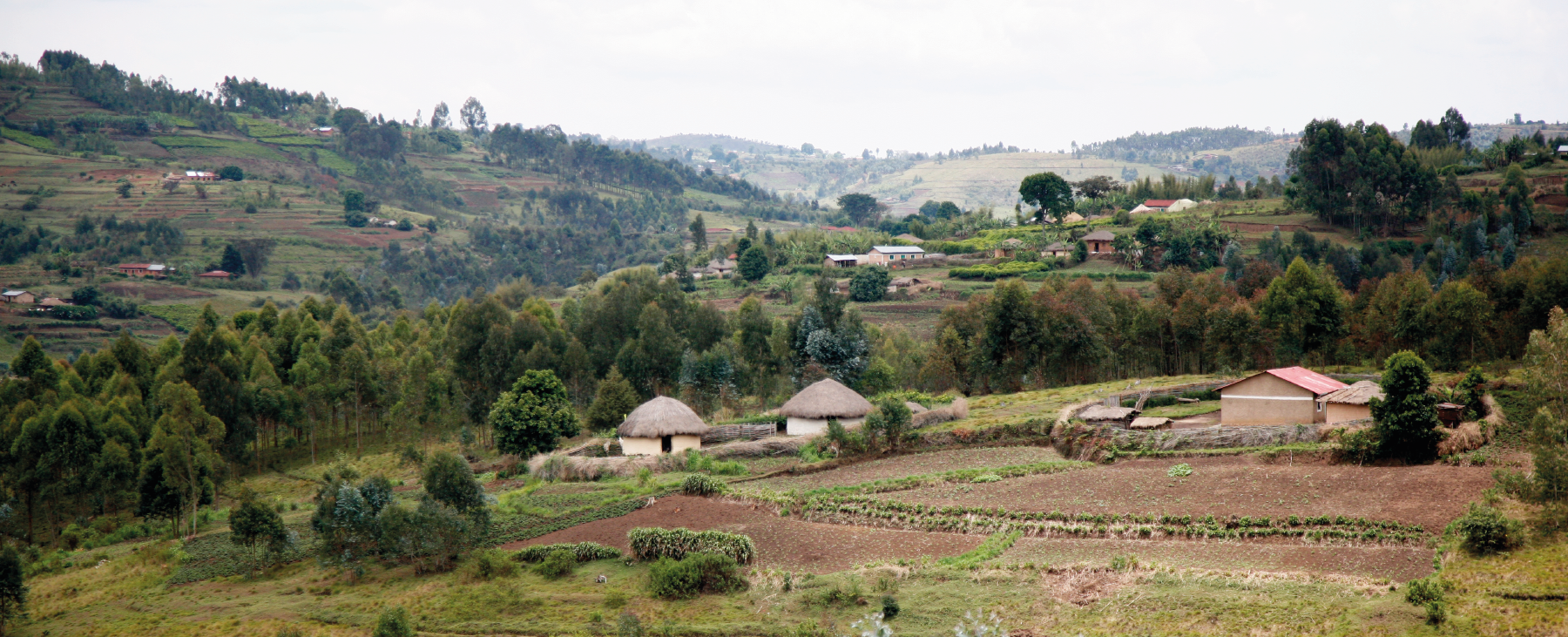
Pierre Nkurunziza was the president of Burundi for 15 years. The last five years of his mandated were marred by an increase of the worst human rights violations: enforced disappearances, arbitrary arrests, torture, sexual violence, etc. In April 2015, Nkurunziza’s run for a third presidential mandate ignited political chaos, which gradually evolved into a “standardized crisis”.
What will the future hold for victims seeking justice?
Some victims of the crimes committed under Nkurunziza have felt that justice could now escape them, such as Pierre-Claver Mbonimpa, a human rights defender who was repeatedly arrested and tortured. “I have been a victim of this government, so if the head of the government is no longer, it will be hard to bring him to justice. This is what hurts me. We were awaiting justice but it will be difficult now”, he told Deutsche Welle in French.
However, the fight against impunity does not stop with Nkurunziza’s death. “All members of the State apparatus who have committed atrocities must be held accountable. This applies to high-ranking military officials, police officers and national intelligence services alike” said Pamela Capizzi, National Coordinator for Burundi at TRIAL International.
Additionally, the cases against the State of Burundi itself, as a legal entity, remain relevant. “UN bodies and the African Commission on Human and People’s Rights do not judge individuals, but States” explains Pamela Capizzi.
An opportunity to be seized?
Indifferently of what caused Nkurunziza’s death – some sources allege that he succumbed to the corovavirus – the question of his political legacy remains intact. A few weeks ago, national elections designated Evariste Ndayishimiye as the next president. But Nkurunziza, as the country’s “Supreme Patriotic Guide”, would have remained influential even after the handover of power in August.
“Burundi could have a chance today to start a new chapter in its history, to break its isolation from the international community and to shed a light on the crimes of the past” concluded Pamela Capizzi. “Time will tell whether Nkurunziza’s successors will seize this opportunity”.
On 25 and 26 May 2020, several Congolese media reported that TRIAL International demanded a referral to the International Criminal Court of the situation in Kasai. This information is incorrect. While impunity for mass crimes is widespread in this province, TRIAL International believes the response should be primarily at the local and national levels.
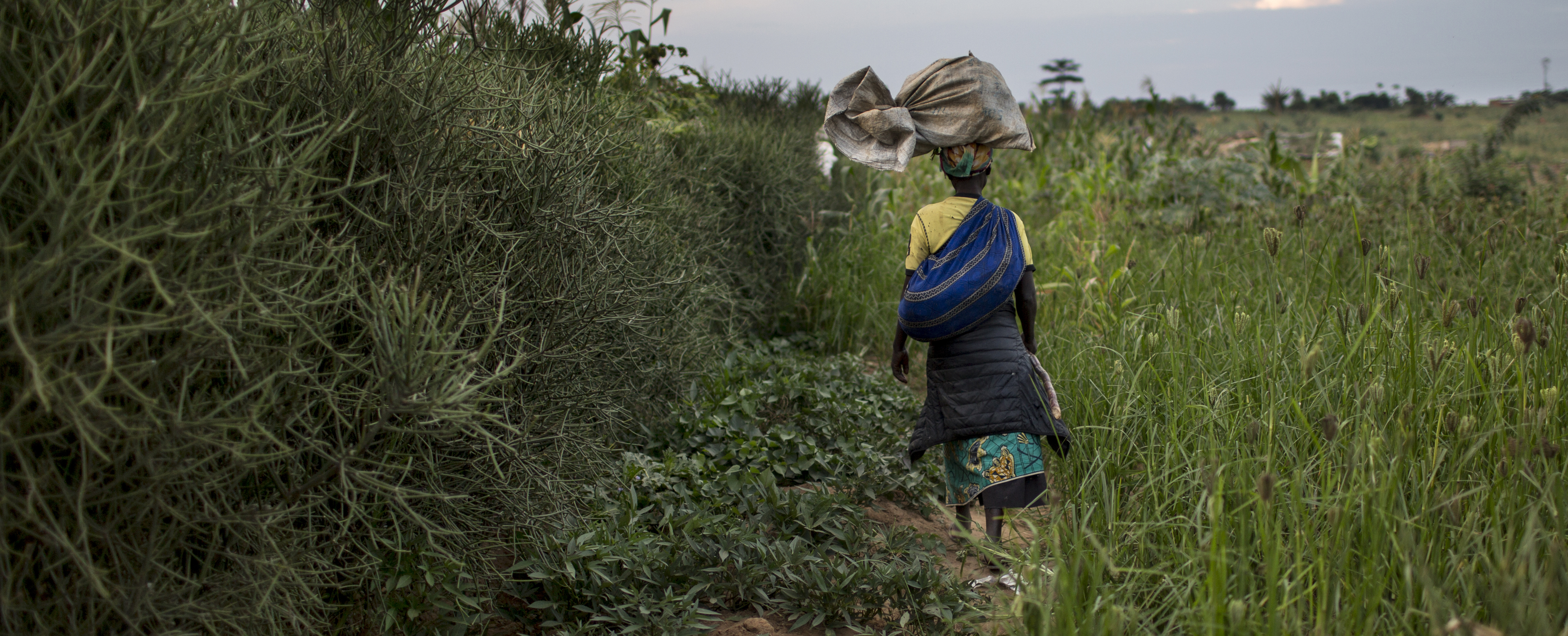
TRIAL International fully support the action of the International Criminal Court (ICC). It also recognizes that for the time being, access to justice for victims of international crimes is extremely difficult in Kasai. However, the organization does not call on an ICC referral.
What does TRIAL International do in Kasai?
In accordance with the National Policy on the Reform of Justice (Politique nationale de réforme de la justice) adopted in 2017 by the Congolese government, TRIAL International seeks to reinforce the capacity of the Congolese judiciary, in order to punish the culprits of international crimes and protect the rights of the victims before Congolese jurisdictions.
In Kasai, TRIAL International’s main action is to reinforce the capacity of local judiciary actors such as lawyers, human rights defenders and judges. Its partner on the project, the NGO Physicians for Human Rights, uses medical evidence to document human rights abuses. In this optic, it conducts capacity-building sessions for local medical personnel and police officers.
Find out more about the Kasai project
What is the role of the International Criminal Court?
The ICC plays a crucial but limited role in the fight against impunity. It acts in subsidiarity with the States, which means it only steps in when the latter are unwilling or unable to initiate proceedings themselves.
The preservation of the rule of law and the upholding of criminal justice remains first and foremost in the hands of States. Moreover, the ICC’s limited capacity does not allow it to address all situations of widespread and systematic human rights violations.
Read the op-ed of Philip Grant, TRIAL International’s Executive Director, in support of the ICC
On 21 May 2020, TRIAL International filed a criminal complaint (“dénonciation pénale”) for complicity in pillage against Kolmar Group AG before the Office of the Attorney General (OAG) of Switzerland. According to a joint report published by TRIAL International and Public Eye on 2 March 2020, the Zug-based trading company had purchased smuggled gasoil from Libya. Having analysed the evidence gathered during the investigation, TRIAL International concludes that the Swiss trader may have been complicit in the war crime of pillage. It is now up to the Swiss prosecuting authorities to shed light on the Zugese trader’s actions.
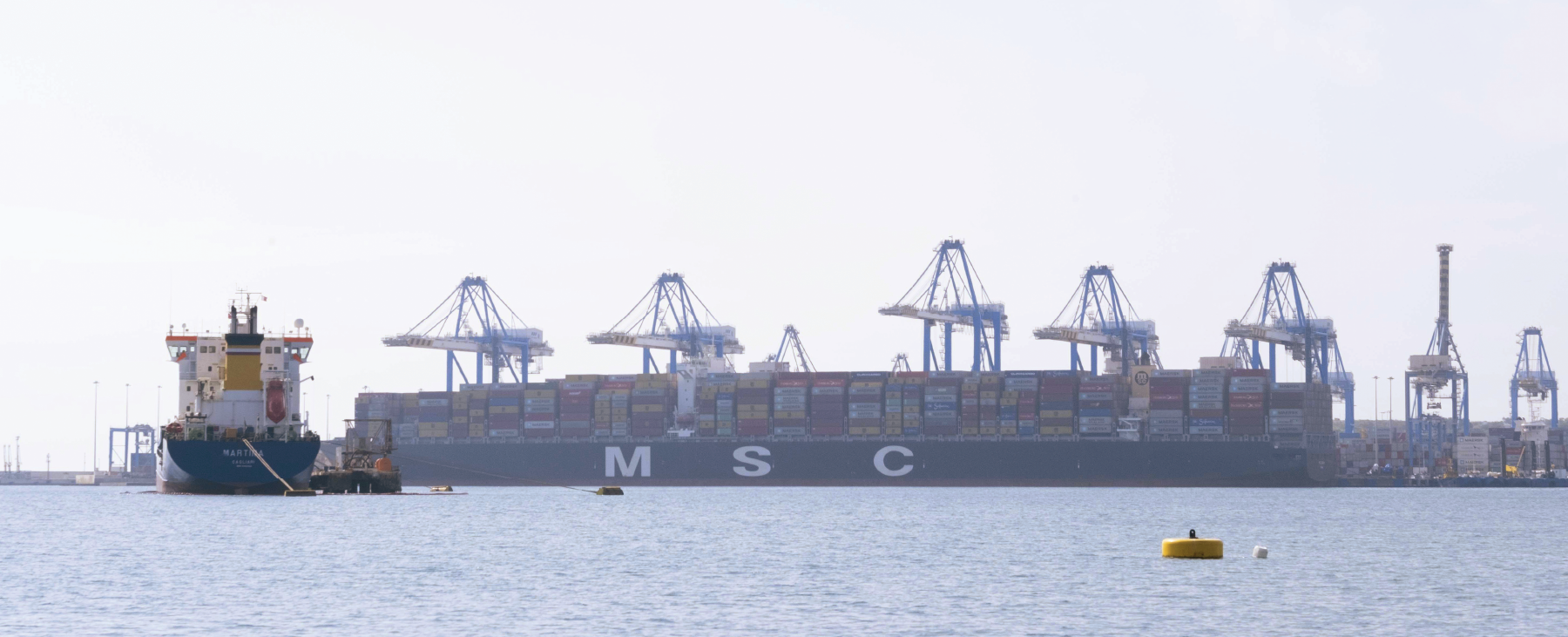
The investigation conducted by TRIAL International and Public Eye retraced the transnational network of subsidized gasoil smuggling from Libya. The fuel was diverted from Libyan tanks with the complicity of an armed group, transhipped from Libyan fishing boats to larger vessels chartered by two Maltese businessmen in international waters, and finally transported to Malta. This is where the name of Kolmar Group AG appears: according to the investigation, the Swiss trader purchased more than 50,000 tonnes of gasoil stored in tanks of the Maltese capital between 2014 and 2015. The Swiss company did not deny having purchased this fuel when it requested a right of reply to the report, published on 2 April 2020.
NEGLIGENCE OR COMPLICITY?
According to the NGO, which has carried out a legal analysis of the evidence, extensively provided by C4ADS, these purchases could constitute complicity in war crimes.
“There were a significant number of indicators, all of which were in the red, that should have deterred Kolmar from carrying out these transactions. We believe that the evidence gathered warrant an investigation by the Office of the Attorney General to determine whether Kolmar willfully ignored such signals. If so, the company may have been complicit in a war crime“, said Philip Grant, TRIAL International’s Executive Director.
If a company knowingly buys stolen raw materials from a country at war, it may indeed be found guilty of complicity in pillage, a war crime under the Rome Statute of the International Criminal Court as well as under Swiss criminal law.
The gasoil purchased by Kolmar Group AG had been looted by a smuggling network, with the support of an armed group, at a time when Libya was torn apart by armed confrontation between rival factions. But for the endeavour to prove profitable, the network needed international buyers. This is precisely where the Swiss company might have contributed to the pillage, which – if proven – could lead to its criminal liability.
Several individuals involved in the smuggling operation are currently on trial in Italy. In filing a criminal complaint, TRIAL International hopes that the OAG) will also shed full light on this case in order to determine whether Kolmar’s actions in Malta were in accordance with the law. Whatever the outcome of a potential investigation by the OAG, this case illustrates the need to adopt stricter rules, such as those advocated by the Responsible Business Initiative, to prevent any future involvement of Swiss companies in the financing of armed groups.
TRIAL International has compiled an analysis of the repercussions of the coronavirus on the fight against impunity and the quest for justice. The publication, entitled Justice in the time of coronavirus, looks at the various and sometimes indirect consequences of the pandemic on TRIAL International’s beneficiaries worldwide.
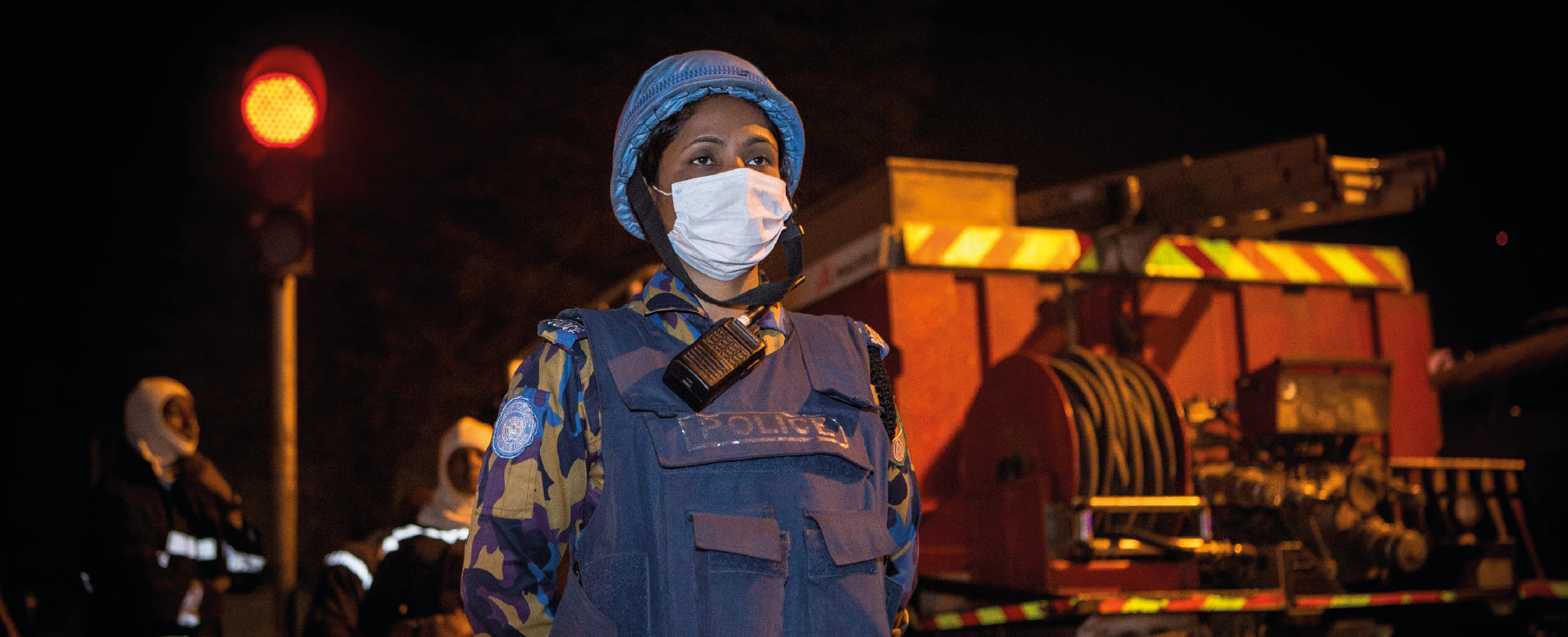
In the clamor surrounding the coronavirus pandemic, there seems to be nothing but emergencies: sanitary emergency, economic emergency, social emergency and so on. All are undeniably crucial, but none can be addressed without being ground in the most basic need of all: human rights.
Justice has an immediate role to play
The context of sanitary emergency has already proved to be conducive to abuse. Authoritative States cut corners on their citizens’ rights, using force disproportionately and passing repressive laws; non-State actors commit grave crimes in the hope that, amidst the chaos, they will get away with it.
Read the full analysis in Justice in the time of coronavirus
Philip Grant, Executive Director at TRIAL International, warns: “The fight against impunity cannot wait until after the crisis. Justice has a unique, vital role to play right now, for the protection of all, and especially the most vulnerable.”
Unfortunately, justice systems around the world are themselves directly challenged by the extraordinary situation. Justice in the time of coronavirus looks at three key aspects of international justice affected by the pandemic: the increased threat of human rights violations; crimes reporting and investigations; and the conduct of legal proceedings.
The document also gives an overview of the pandemic in TRIAL International’s main countries of intervention: Bosnia and Herzegovina, Nepal, Mexico, The Gambia, Burundi and the eastern regions of the Democratic Republic of the Congo (DRC). It concludes with considerations on civil society networks during and after the crisis.
TRIAL International and its partner in Kathmandu, the Human Rights and Justice Centre (HRJC), have submitted a detailed analysis of Nepal’s legislation on sexual violence. Although progress is registered on the paper, in practice, the relevant norms often remain unimplemented.
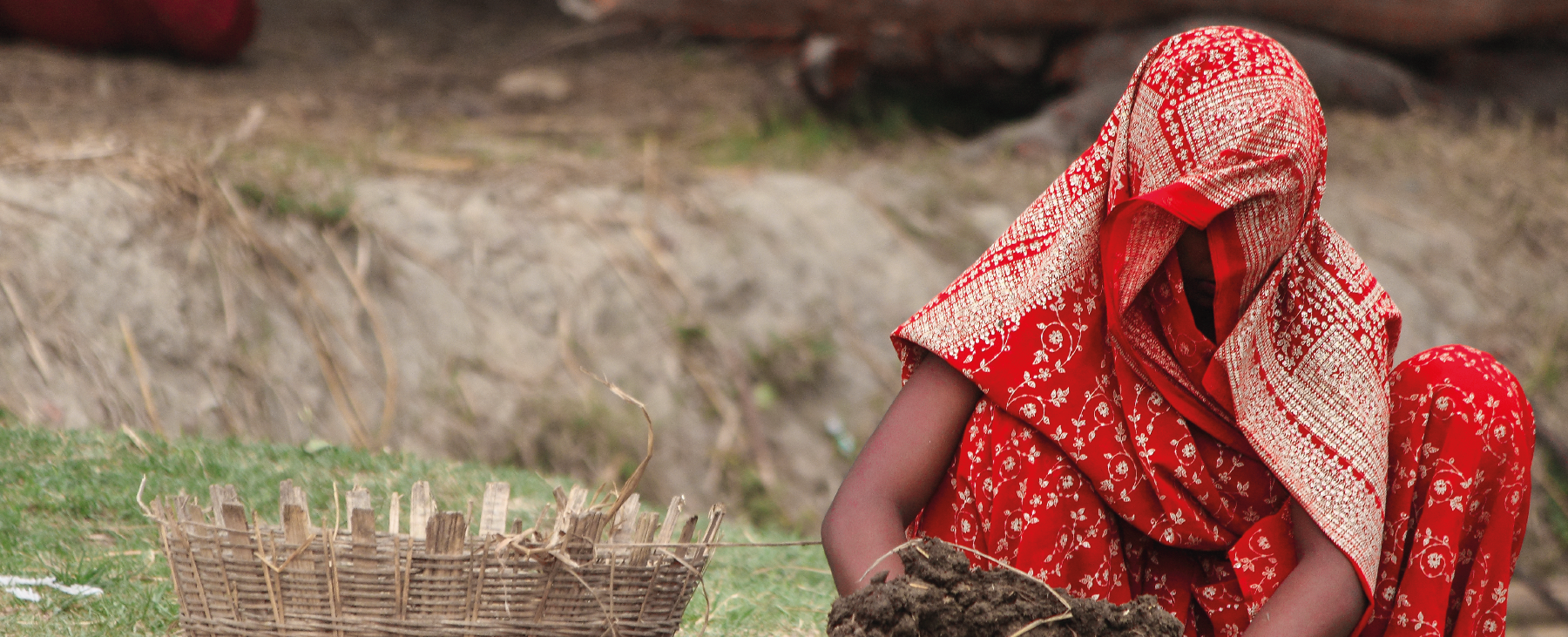
The organizations produced the report at the invite of the United Nations Special Rapporteur on Violence against Women, its Causes and Consequences (“the Special Rapporteur”). Submissions will support her thematic report on States’ responsibility to recognize rape as a grave and systematic human rights violation and gender-based violence against women, due later in 2020.
Legal loopholes fail to recognize all forms of violence, against all victims
The report notes an overarching gender bias in Nepal’s legislation, resulting in the exclusion of men, male children or transgender individuals from potential rape victims. Likewise, a narrow definition of rape leaves out a number of sexual crimes, which are qualified as “sexual harassment” instead. This in turn results in lesser sentences for the culprits, often not commensurate to the seriousness of these conducts.
An additional limitation of the law relates to the statute of limitation (the time after which rights offenses cannot be punished) on rape and other forms of sexual violence. Depending on the situations, the statute goes from 35 days – including for conflict-related sexual violence – to a year.
A statute of limitation on rape and other forms of sexual violence does not factor in the fear and stigma faced by victims. TRIAL International and the HRJC side with international human rights mechanisms, such as the Committee on the Elimination of Discrimination against Women, in demanding that the statute of limitation for these crimes is repealed.
Last but not least, the organizations flagged in their report that in Nepal, rape is not criminalized as a war crime or crime against humanity.
Significant discrepancies between theory and practice
In other instances, TRIAL International and the HRJC acknowledged that the law was satisfactory on the paper, but poorly applied.
For instance, the practice of “reconciliation” between victims and perpetrators is not officially recognized in the law but remains common. Such behavior is often obtained by putting the victims under threat and duress, directly fueling impunity and jeopardizing the well-being of the victim. An aggravating factor is that the police is responsible for the victim’s security, yet the police themselves are often part of arranging the “reconciliation”.
Addressing the root of the problem
During her visit to Nepal in 2018, the Special Rapporteur had noted a favorable environment for the commission of violence against women and the ensuing impunity. In her words, “violence against women in Nepal is pervasive, occurring in both the private and the public spheres throughout the country, and is further compounded by the persistence of entrenched patriarchal attitudes, gender stereotypes and harmful practices.” None of her subsequent recommendations concerning the transitional justice process have been implemented yet.
“Nepal’s authorities have been slacking in their duty to fight sexual violence, and especially conflict-related sexual violence” explained Cristina Cariello, Head of the Nepal’s program at TRIAL International. “The State’s full commitment is absolutely crucial to get to the root of the problem and bring about structural change. It is not the only condition, but it is an indispensable one.”
“We have come in contact with many victims of conflict-related sexual violence whose needs of medical care, livelihood and other essentials are not fulfilled. The State has failed to recognize these victims and addressing their needs holistically” concluded Salina Kafle, Human Rights Officer at the HRJC.
Joint declaration from civil society organizations
On 20 May 2020, Burundian citizens will vote on triple presidential, legislative and municipal elections. International and Burundian organizations expressed their concern over the multiplication of violent acts during the campaign, which already plant the seed for dissent and the escalation of electoral unrest on voting day.
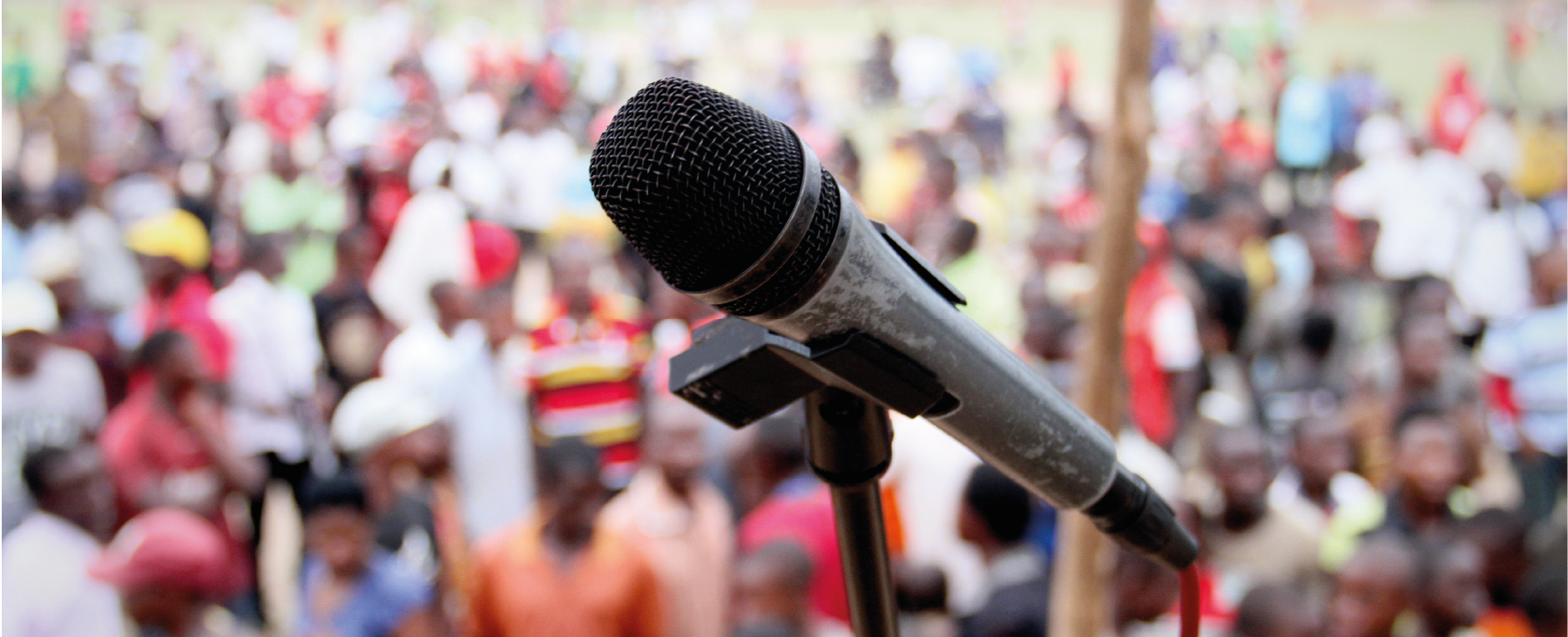
Since the beginning of the electoral campaign, civil society has noted with great concern a rise in cases of human rights violations, ethnicity-based hate speech, excessive use of force, political intolerance, clashes between members of political parties, and intimidations and threats towards members of these parties (or individuals perceived as such).
(…) The last few weeks have taken a heavy toll on human rights. Allegations of violations (…) report at least 22 deaths, 7 of which were extrajudicial executions and 10 bodies found lifeless; six abductions; two victims of sexual violence, 18 people tortured and 67 arbitrarily arrested. (…) Among the registered casualties were three women and two minors. Two more minors were abducted, two women tortured and four women arbitrarily arrested.
A climate of fear, provocation and slander
All these violent outbreaks are coupled with numerous movement restrictions for certain candidates of the opposition, and prohibitions to organize events in certain places and venues. The reigning climate of fear, provocation and slander risks to turn into graver clashes during and after the poll. This situation does not bode well for the preservation of peace and the rebuilding of trust between sociopolitical actors.
(…) The signatory organizations wish to remind to the Burundian authorities and to Burundi’s international partners that an investigation was opened by the Office of the Prosecutor of the International Criminal Court on the situation in the country since 2015, including on violations of human right and international humanitarian law. It is therefore crucial that all stakeholders pay particular attention to any deterioration of the situation that could arise from the upcoming poll.
Signatory organizations:
- TRIAL International
- Organisation Mondiale Contre la Torture (OMCT)
- Collectif des associations contre l’impunité au Togo (CACIT)/Togo
- Mouvement Ivoirien des Droits Humains (MIDH)/ Côte d’Ivoire
- Observatoire des Femmes actives de Côte d’Ivoire (OFACI)/ Côte d’Ivoire
- Center for Human Rights and Democracy in Africa (CHRDA)/ Cameroun
- Alliance pour l’Universalité des Droits Fondamentaux (AUDF)/ RDC
- Réseau des Défenseurs des Droits de l’Homme (RDDH)/ RDC
- Action des chrétiens pour l’abolition de la torture (ACAT/TCHAD)
- SOS Torture Burundi/ Burundi
- Action des chrétiens pour l’abolition de la torture (ACAT-Burundi)
- Collectif des Avocats pour la Défense des Victimes de Crimes de Droit International commis au Burundi (CAVIB)/ Burundi
Convicted last year for the rape of a woman during the war, the perpetrator has paid the compensation awarded to the survivor by the Cantonal Court in Novi Travnik. The 16 March 2020 will therefore remain as a milestone, since this is the first time that compensation awarded in criminal proceedings at entity level is effectively paid.
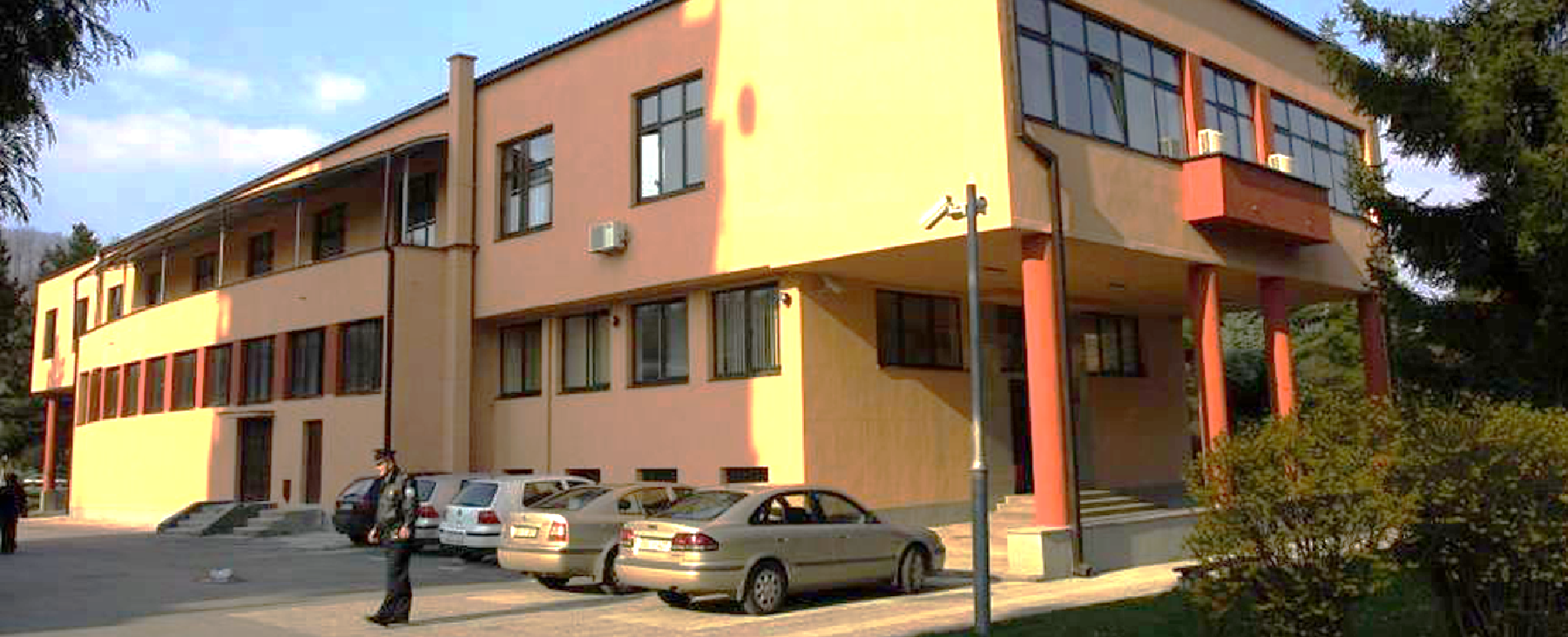
The lawyer who represented the rape survivor emphasized that voluntary compliance with the court’s decision should be a norm. However, practice shows that it is rarely the case.
Other wartime sexual violence survivors have reported that obtaining compensation was empowering for them not only in the economic sense, but also to ensure that such crimes do not happen again in the future. The possibility of obtaining compensation gives victims the will to go forward and to fight for justice to the end.
As for the prosecutor in this case, he sees the payment of awarded compensation by the perpetrator as an important incentive for the further development of this practice. “I am sure that this verdict will have positive effects, especially on the practice of assessing compensation claims in criminal cases before the courts of the Federation of BiH, as well as the Republika Srpska“, he stated. The verdict has been shared with Cantonal and District Offices of the Prosecutor, so that they can take inspiration for their own cases.
A precedent at the federal level
In 2015, the Court of BiH established an important precedent, awarding damages to wartime survivors in several criminal cases. However, there has been no groundbreaking improvement since then, and the victims’ right to monetary compensation has often been hindered by many obstacles. It is difficult to ensure that victims receive the compensation payments ordered by the court, as in 95 percent of the cases, the convicted perpetrators say they do not have the money or have already disposed of their assets.
“In most cases where the perpetrators do not own property, or sell it during the course of the trial, – which sometimes lasts a very long time – in order to avoid paying the compensations, the Office of the Prosecutor can impose, from the very beginning, temporary measures prohibiting the sale of property. That approach is effective but is still a rarity. That is why prosecutors need to step up their efforts on financial investigations and securing property assets” said Lamija Tiro, Legal Advisor at TRIAL International.
TRIAL International has been working on improving the practice of awarding compensation claims in criminal proceedings since 2015. The organization will continue to facilitate other cases and advocate for non-pecuniary damage to be awarded and paid, as well as to educate judges, prosecutors and lawyers on the matter.
Robert Bachmann is a Human Security Advisor at the Swiss Embassy in Kinshasa (DRC). In the framework of Switzerland’s commitment to peace-building, he collaborates with TRIAL International, whose actions in the region have just benefitted from the Swiss Federal Department of Foreign Affairs (FDFA)’s renewed support. He gives us his analysis of the stability in the region, the fight against impunity and collaboration with NGOs.
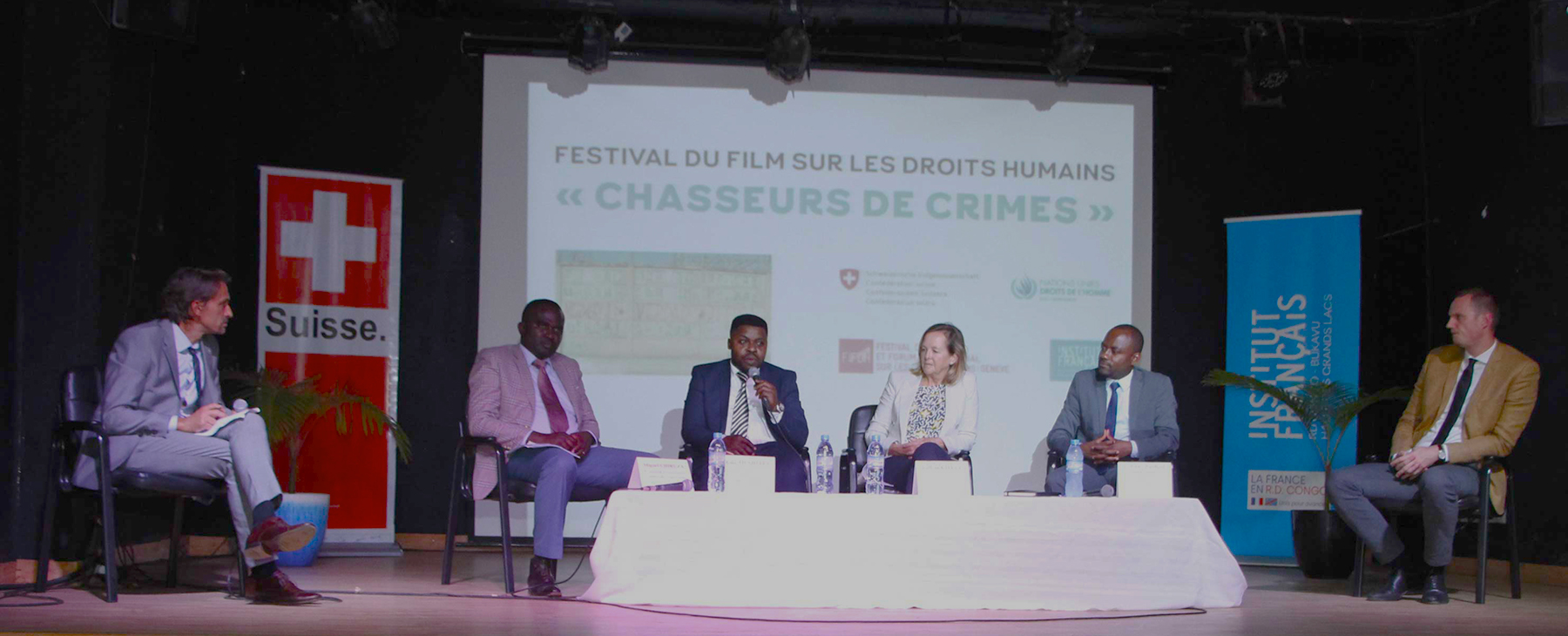
How does TRIAL International contribute to the objectives of the FDFA in the Great African Lakes region?
Robert Bachmann: For over 20 years, DRC has been going through cycles of violence, with a dramatically high number of victims. The prevention and transformation of community clashes, as well as the defense of human rights including the fight against impunity, are priorities for the FDFA in the region. The Swiss development cooperation and the Swiss humanitarian are committed to reducing poverty and saving lives.
TRIAL International’s activities fall under these priorities. The prove to legal professionals that, despite the difficult context, it is possible to succeed – with adequate preparation. Trials and subsequent convictions are a first form of reparation for the victims. They are also a message to the alleged perpetrators of international crimes.
What links do you see between TRIAL International’s mandate and the peace and stability in the region?
The link is obvious: cycles of violence and the persistence of armed groups, one of the greatest tragedies and challenges in the region, are an obstacle to establishing peace and development. To end this cycle of violence and through local partners, Switzerland is committed to increasing the resilience of communities in the face of prejudice and manipulations which often feed violence. The fight against impunity, as a message to the alleged perpetrators, is a key element in the establishment of lasting peace.
Are there aspects of TRIAL International’s work you find particularly promising?
Trainings on gathering and analyzing evidence, and on buildings legal strategies are particularly necessary. From the beneficiaries’ point of view, and in light of the convictions obtained in sensitive cases, these training courses are greatly appreciated.
Access to justice for victims of sexual violence as an international crime is also central to TRIAL International’s activities. Human rights and gender aspects are integrated in all phases of their projects.
How does the FDFA work with civil society organizations, including NGOs?
We see NGOs as partners to achieve our common goals. We value regular and honest discussions on the implementation of projects and when it is possible, we get directly involved to achieve these goals. I appreciate the professionalism of TRIAL International and of all its collaborators that I have met – in DRC and in Switzerland. It is a crucial factor for the victims, but also their lawyers and institutions, to trust the organization’s work on such sensitive subjects.
The Swiss FDFA generously supports the activities of TRIAL International in the Great African Lakes region since 2010.
How do different countries prosecute genocide, crimes against humanity, war crimes, torture and enforced disappearance? Together with Open Society Justice Initiative (OSJI), TRIAL International worked on a thorough analysis of the laws and practices of eight countries relating to their investigation and prosecution of those crimes under universal jurisdiction. The two organizations are now publishing a series of reports comparing the legal systems of Canada, Finland, France, Germany, The Netherlands, Norway, Sweden, and Switzerland.
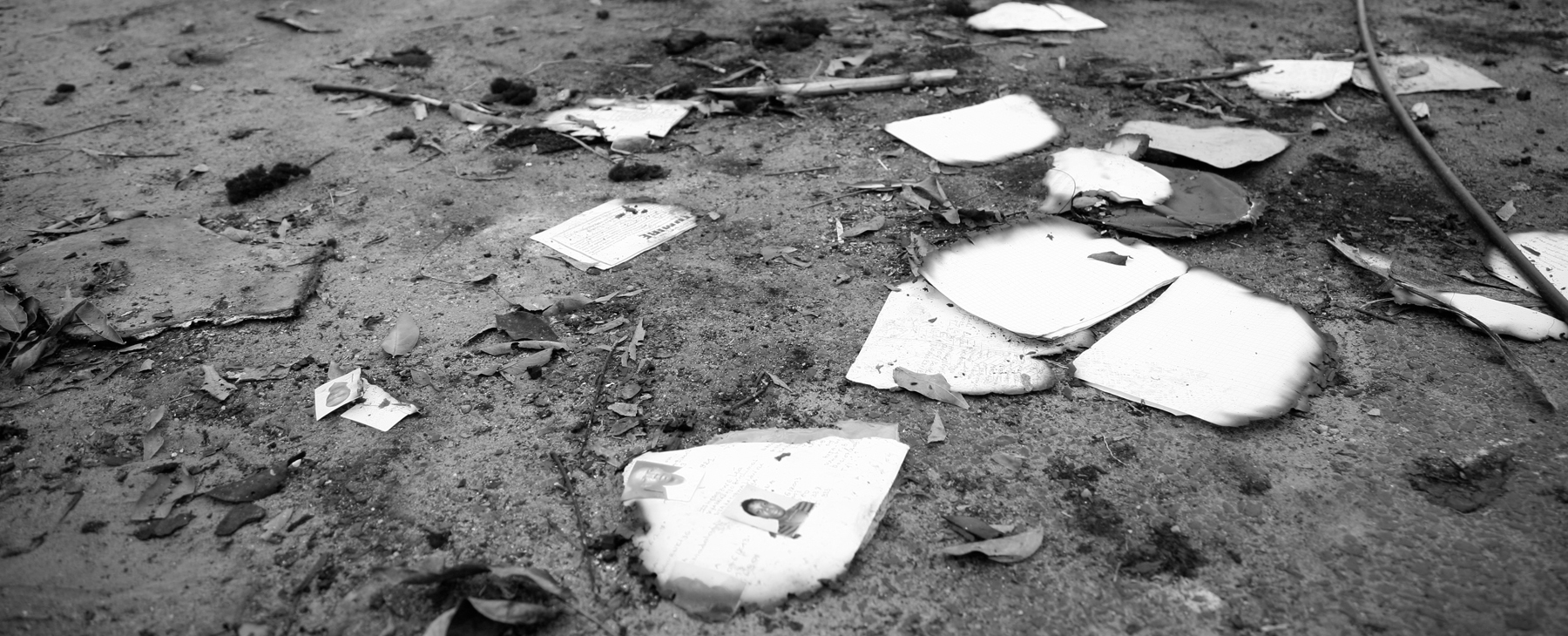
Universal jurisdiction allows for the prosecution of crimes regardless of where such crimes were committed, and irrespective of the nationality of the victims or of the perpetrators. Within this framework, each country defines the specific crimes that can be prosecuted within its borders under universal jurisdiction. Modes of liability, conditions triggering jurisdiction, evidentiary requirements, witness and victim’s protection or reparations for victims: these questions, and numerous others, often vary from one country to another. These reports aim to help lawyers and NGOs supporting victims of the gravest crimes to seek justice under universal jurisdiction in states where they do not necessarily know the law and practices.
From a practitioners’ perspective
The research was primarily built on an analysis of the different legal systems based on a questionnaire compiled by OSJI and TRIAL International and submitted to local lawyers. This phase was completed through interviews with legal experts such as prosecutors within national war crime units, lawyers in universal jurisdiction cases, academics specializing in international criminal law and NGOs fighting against impunity. This practical perspective allowed us to construct an analysis of the legal framework in each country studied. While every effort has been made to ensure the accuracy of the information presented, readers are advised to confirm the currency of any provisions cited.
Same legal framework, different practices
The research reveals that some states are actively resorting to universal jurisdiction to investigate and prosecute international crimes, such as France, Germany and The Netherlands. France and Germany have even joined forces to enhance their capacity of investigation in relation to crimes committed in Syria.
The reports draw attention to the fact that the universal jurisdiction framework varies from one country to another, which makes it complex for practitioners to build cases. Requirements to exercise universal jurisdiction will change depending on various aspects, such as the nature of the crime or the nexus with the state exercising jurisdiction. TRIAL International hopes this research will help lawyers and NGOs to find their way in the different legal systems studied.
Read the full reports on
- France (February 2019)
- Germany (April 2019)
- The Netherlands (May 2019)
- Switzerland (June 2019)
- Norway (January 2020)
- Finland (March 2020)
- Canada (April 2020)
- Sweden (April 2020)
Following recent attacks on the International Criminal Court (ICC), the Coalition for the ICC called on all State Parties to renew their support. The Coalition for the ICC is a global civil society network of over 2’500 member organizations, including TRIAL International.
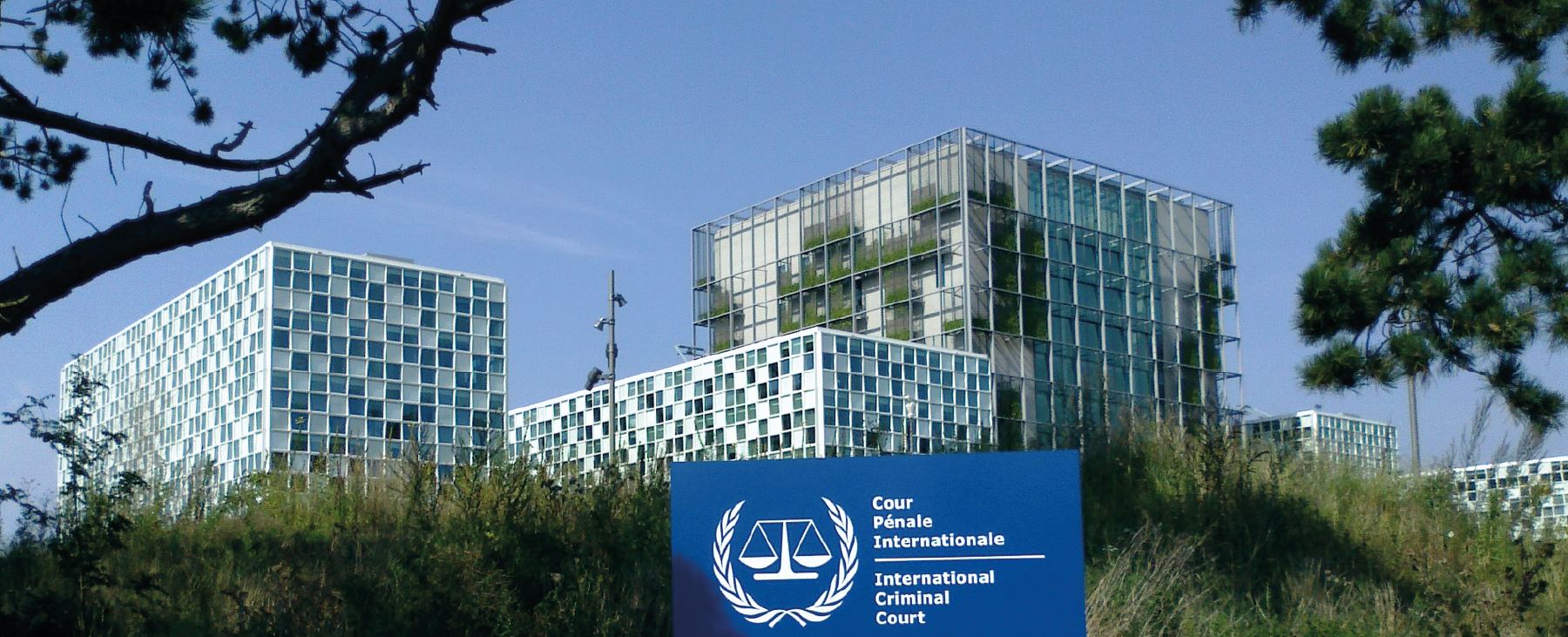
The organizations of the Coalition for the ICC call on (…) all States Parties to the Rome Statute to show support for the Rome Statute system and the International Criminal Court, especially in the face of threats to its independence and mandate. Although threats to the pursuit of international justice, including in the context of the ICC, are not new, protecting the ICC is particularly important today in the face of escalating hostility towards the Court.
The ICC’s crucial role in complementing the primary role of national courts cannot be overstated. We acknowledge that the ICC would benefit from changes to strengthen its performance, but ensuring a fair, effective, and independent Court depends on support from States Parties. (…) We urge States Parties to uphold the Rome Statute system by making strong, concrete expressions of support and to defend it by unequivocally condemning threats. The challenges faced by the Court require nothing less.
No fear, no favor
On 20 January 2020, one month after the ICC Prosecutor announced that the situation in Palestine merits investigation, Israeli Prime Minister Benjamin Netanyahu called for “sanctions against the international court, its officials, its prosecutors, everyone.”
On 17 March 2020, US Secretary of State Michael Pompeo threatened to impose punitive measures against two named senior ICC staffers, other ICC staffers, and their families. His remarks came after the ICC authorized an investigation into the situation in Afghanistan. These are among the latest in a series of attacks that undermine the Court itself and intimidate its staff in order to protect political interests at the expense of international justice.
This combination of threats and the US visa ban policy seeks to undermine the Court’s ability to deliver justice to victims whenever States are unwilling or unable to genuinely investigate and prosecute crimes under the Rome Statute. The ICC must be free to carry out its mandate, without fear or favor, on the basis of the legal requirements delineated in the Rome Statute – not on the basis of political considerations.
